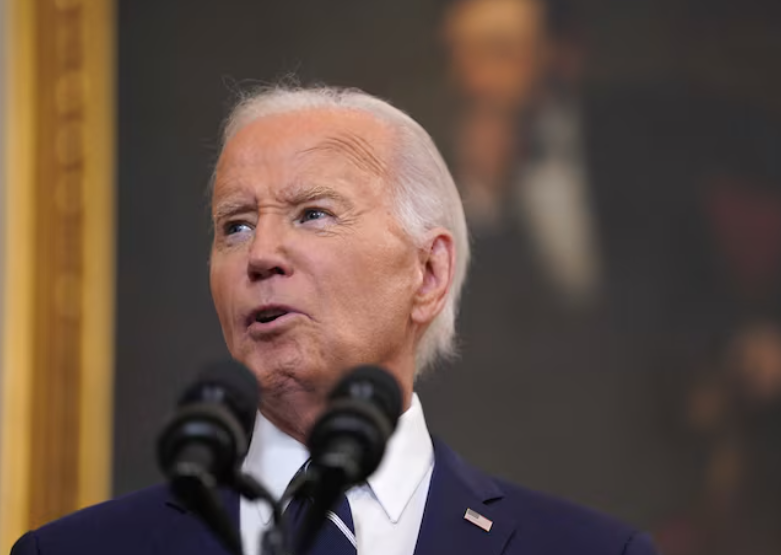In a significant legal victory for the Biden administration, a federal judge in Georgia has ruled that President Biden’s student loan forgiveness program can move forward despite multiple states challenging its constitutionality.
The ruling is a major milestone for the $73 billion plan, which aims to ease the financial burden on millions of borrowers.
The case, initially brought by Georgia and six other Republican-led states—Missouri, Alabama, Arkansas, Florida, North Dakota, and Ohio—argued that the student loan forgiveness program would negatively impact their states’ economies.
However, U.S. District Judge J. Randal Hall ruled that Georgia lacked standing to sue because the state could not demonstrate that it would be directly harmed by the program.
“Without standing, Georgia cannot provide the proper venue for suit because a plaintiff that lacks standing cannot create venue where it would not otherwise exist,” Judge Hall wrote in his decision.
The ruling does not put an end to the legal challenges against Biden’s plan, as the case has now been transferred to Missouri, where a judge will make a final determination on the program’s constitutionality.
Should Missouri and the other states fail to prove harm, President Biden could be one step closer to implementing student loan forgiveness on a nationwide scale.
Biden’s student loan forgiveness initiative has been the subject of intense debate, with proponents arguing that it provides much-needed relief to those struggling with student debt, while opponents, particularly from conservative states, contend that it could have detrimental economic consequences for their regions.
The program aims to cancel a portion of federal student loans for qualifying borrowers, relieving a significant financial burden for millions of Americans.
Judge Hall’s ruling is a crucial development in the ongoing legal battle, but it also underscores the challenges the Biden administration faces in making the plan a reality.
The case’s transfer to Missouri leaves the program’s future uncertain, as further rulings could either pave the way for nationwide implementation or stall it indefinitely.

